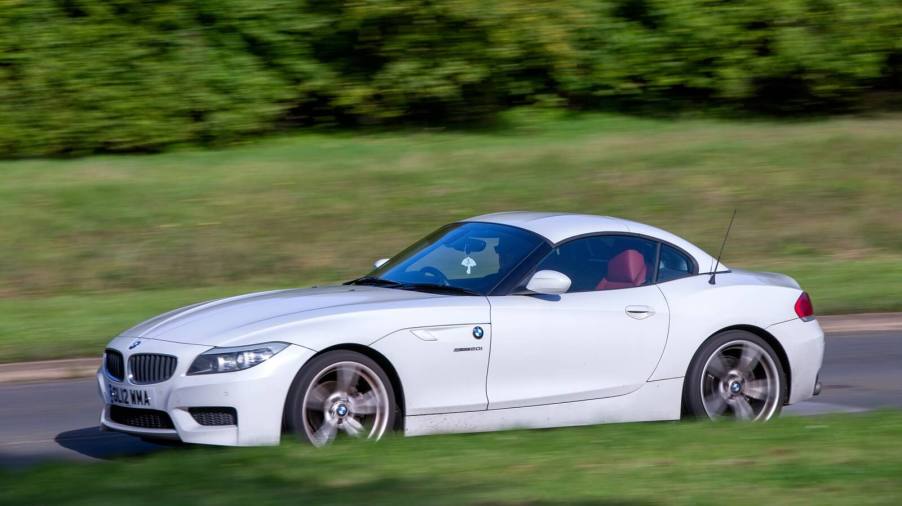
BMW Engine Recalls Cite Stalling Engines
BMW has long been synonymous with cutting-edge engineering, luxurious design, and exhilarating performance. However, even the most celebrated brands occasionally find themselves navigating through challenges. That’s the case with the latest recalls, which impact popular BMW models like the 3 Series and 5 Series.
Which BMW cars are affected by the latest recall?

Unfortunately, the latest BMW recalls affected engines in the vehicles across the marque’s lineup from 2010 to 2012 timeframe.
| BMW Model | Years affected |
|---|---|
| 1 Series | 2010-2012 |
| 3 Series | 2010-2011 |
| 5 Series | 2010-2011 |
| 6 Series | 2010-2012 |
| X3, X5, X6 SUVs | 2010-2011 |
| Z4 | 2010-2011 |
The latest recalls impacted over 155,000 vehicles spanning three model years. Unfortunately, many of the marque’s most common models are on the list of vehicles in the recall. Most noteworthy, the BMW 3 Series and 5 Series, two of the brand’s most perennially popular sedans, are on the list of problem vehicles. If your car meets the above criteria, you should use the NHTSA VIN lookup tool to verify your recall status.
What is the latest BMW recall regarding?
The November recalls cite the aluminum bolts in BMW’s variable camshaft timing (VANOS) adjustment unit. Specifically, the bolts may break, leading to a stalled engine in any of the 2010, 2011, or 2012 vehicles named above.
However, stalling isn’t the only symptom of failing VANOS bolts; a Bimmer from the three-model year time frame might run roughly or enter limp mode to protect itself from further damage.
Are 2010-2012 BMWs still reliable?
Just because the 2010, 2011, and 2012 models feature in the latest recalls, doesn’t mean they aren’t reliable. For instance, Bimmer.com raises the very real possibility that the naturally aspirated 3.0L N52 in the 2009 to 2011 Z4 might be one of “BMW’s most reliable inline-six engine[s].” That’s good news following news of recalls that could stall a Bimmer in its tracks.
Furthermore, BMW dealerships and service centers will remedy the VANOS issues free of charge. The fix involves replacing the aluminum bolts on the VANOS adjustment unit. What’s more, Consumer Reports says that BMW may reimburse drivers who have already paid to fix the VANOS-related issue.



